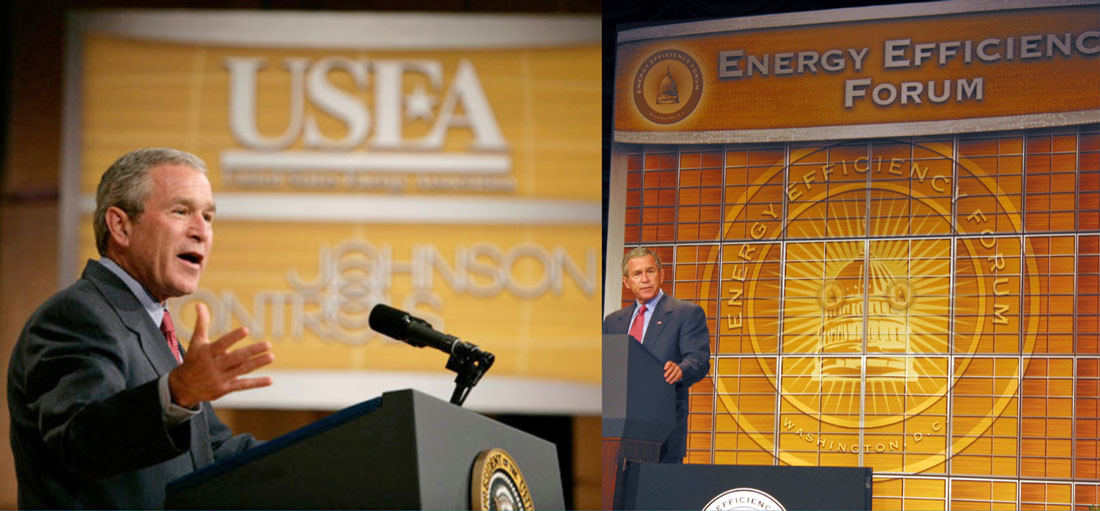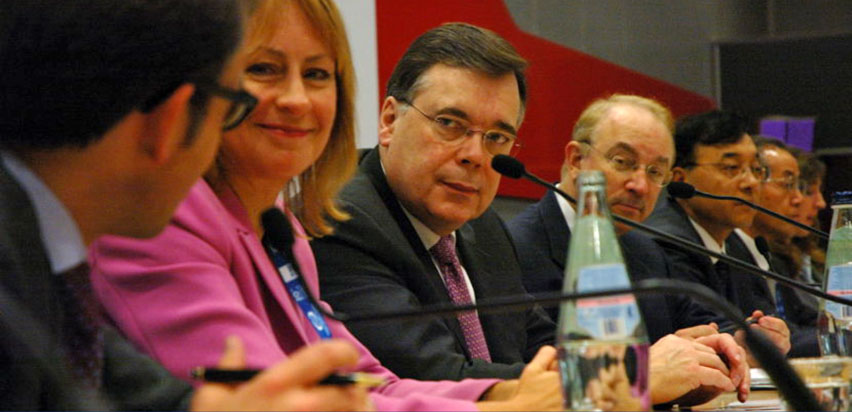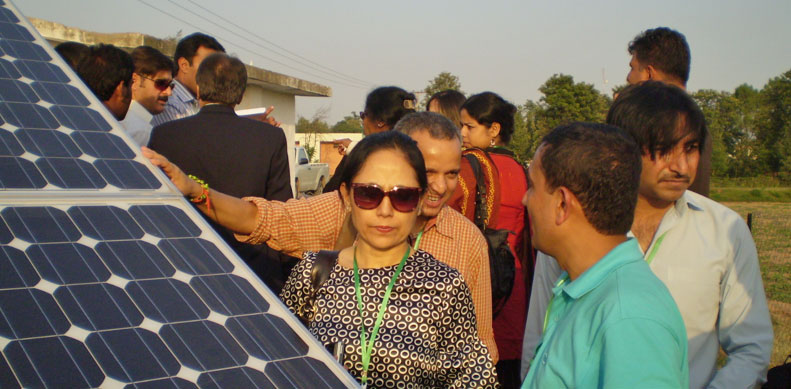
President George W. Bush delivers remarks on energy to the 16th Annual Energy Efficiency Forum in Washington,
D.C., Wednesday, June 15, 2005
2000
2001
2002
2003
2007
The 20th World Energy Conference furthered the commitments of the International Partnership for the Hydrogen Economy (IPHE).

2008
2010

